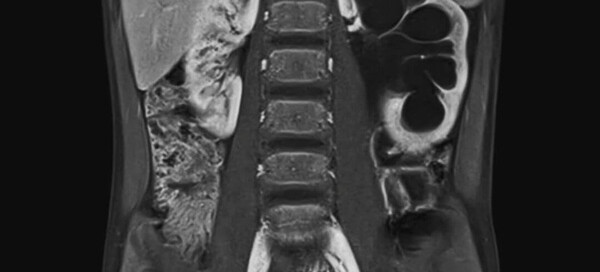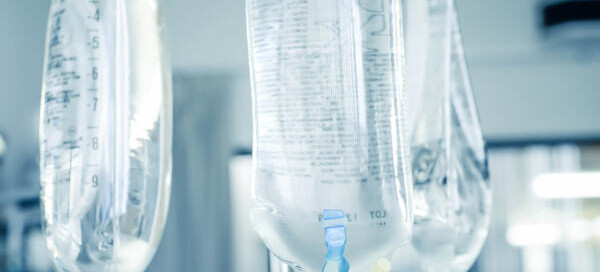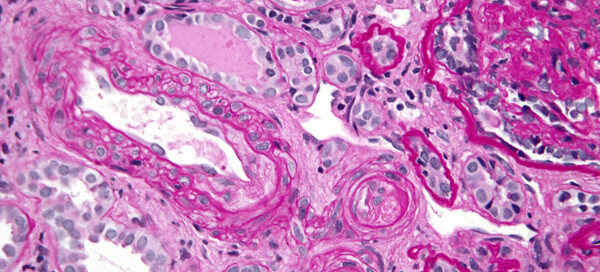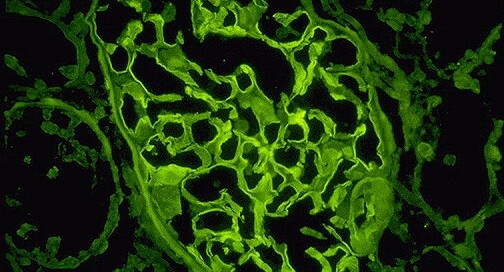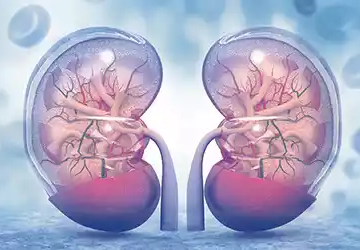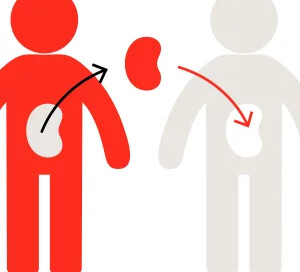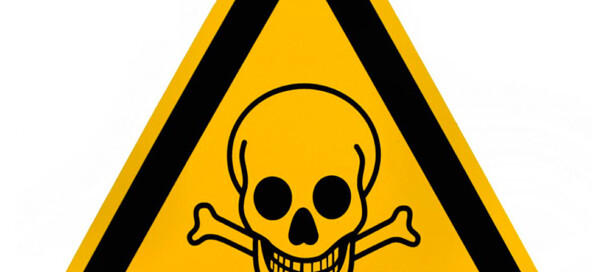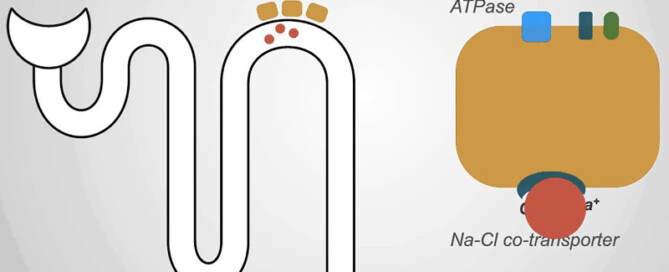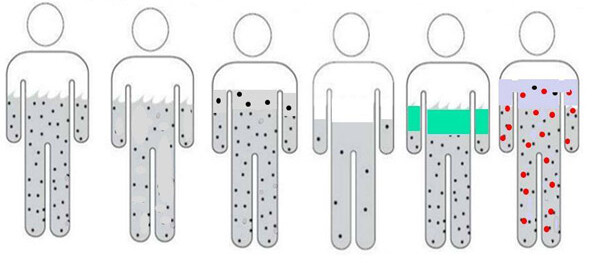MRI Contrast and the Kidney
Can MRI contrast be safely given to a patient with kidney disease? Iodinated contrast for CT or angiography is known to be associated with nephrotoxicity. Contrast Nephropathy does it exist? How to make it not happen | BCNephro Therefore it is reasonable to have concerns regarding MRI contrast. What is MRI Contrast? MRI

